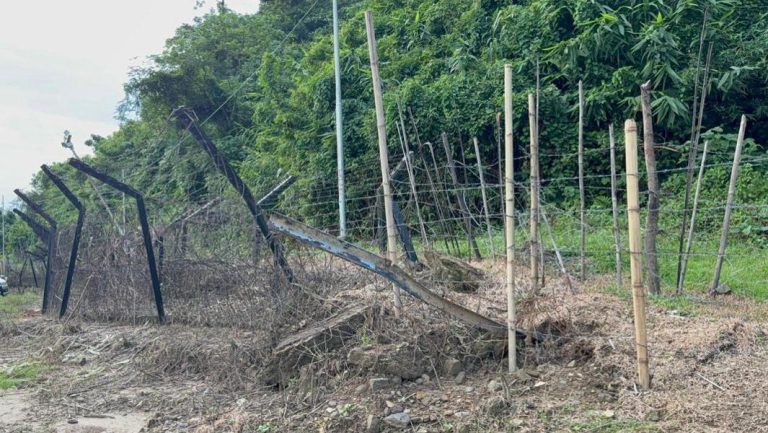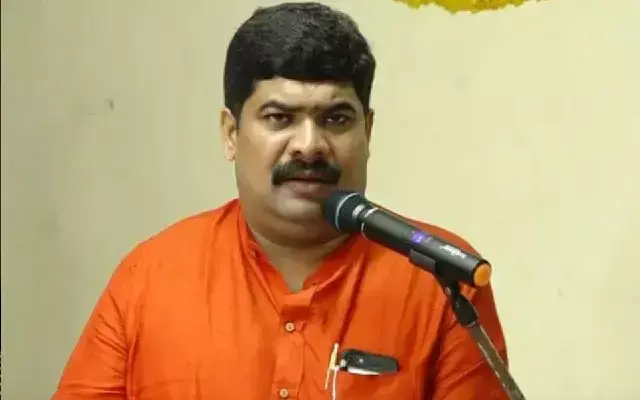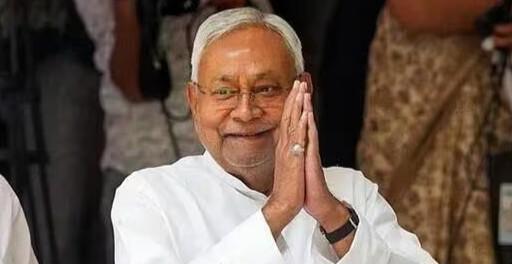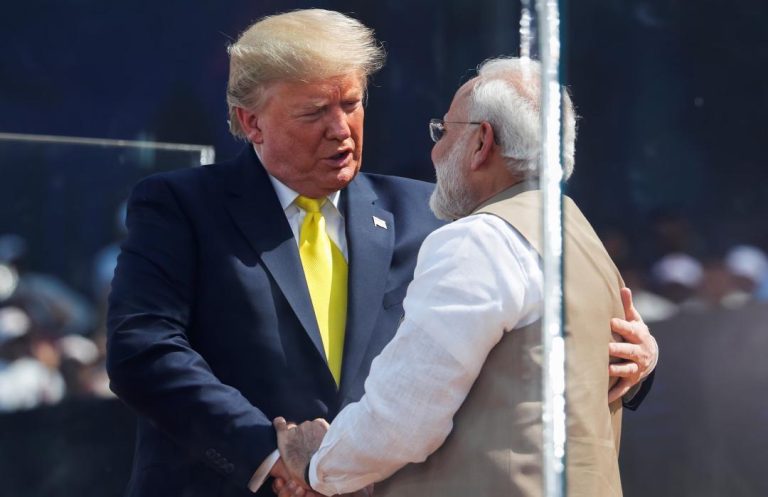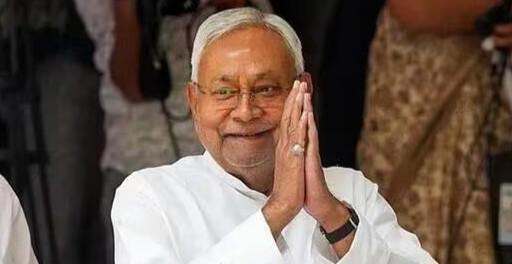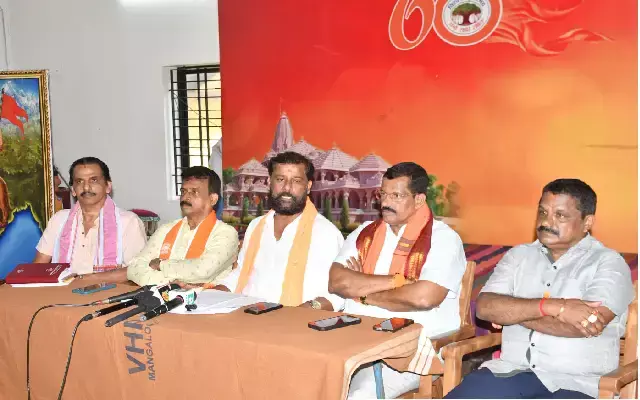
VHP Seeks Relaxation of Sound Rules for Ganesh Chaturthi, Dasara
The upcoming festivals of Ganesh Chaturthi and Dasara are just around the corner, and the Vishwa Hindu Parishad (VHP) has made a plea to the district administration to relax the sound and time restrictions that have been implemented. The organization believes that while the ban on DJs should remain in place, cultural traditions and the festive spirit of the celebrations should not be stifled.
The VHP’s Joint Secretary for the Southern Province of Karnataka, Sharan Pumpwell, addressed a press conference to express the organization’s concerns and demands. According to Pumpwell, the new restrictions imposed by the administration are unnecessary and will only serve to dampen the enthusiasm of the people.
Ganesh Chaturthi and Dasara are two of the most important and widely celebrated festivals in Hinduism. Ganesh Chaturthi is a 10-day festival that honors the birth of Lord Ganesha, the remover of obstacles, while Dasara is a 9-day festival that commemorates the victory of good over evil. Both festivals are characterized by vibrant processions, traditional music, and delicious food.
The VHP’s demand for relaxation of sound rules is not a new one. In the past, the organization has also raised similar concerns and demanded that the administration consider the cultural and religious sensitivities of the people. However, this time around, the demand has taken on added significance, given the fact that the festivals are just around the corner.
According to Pumpwell, the VHP is not asking for a complete repeal of the sound restrictions, but rather a relaxation of the rules to allow for traditional music and cultural activities to take place during the festivals. The organization believes that the ban on DJs and loud music is a necessary measure to curb noise pollution, but it should not be applied uniformly to all types of music and cultural activities.
Pumpwell also questioned the necessity of the new restrictions, stating that the administration has not provided any concrete evidence to support the claim that the previous noise levels were causing harm to the environment or the people. He also pointed out that the restrictions have been implemented without any prior consultation with the people or the organizations that are involved in the festivals.
The VHP’s demand has been met with mixed reactions from the people. While some have expressed support for the organization’s stance, others have argued that the restrictions are necessary to maintain peace and quiet in the city. The district administration has also remained silent on the matter, with officials stating that they are still considering the VHP’s demand.
Despite the uncertainty surrounding the issue, the VHP remains adamant that its demand is justified. The organization believes that the festivals are an important part of the city’s cultural heritage and should be allowed to take place with the same level of enthusiasm and fervor as in the past.
In conclusion, the VHP’s demand for relaxation of sound rules for Ganesh Chaturthi and Dasara highlights the ongoing debate between cultural sensitivity and noise pollution. While the ban on DJs and loud music is a necessary measure to curb noise pollution, it is also important to consider the cultural and religious sensitivities of the people. The district administration must carefully consider the VHP’s demand and find a balance between the two.

